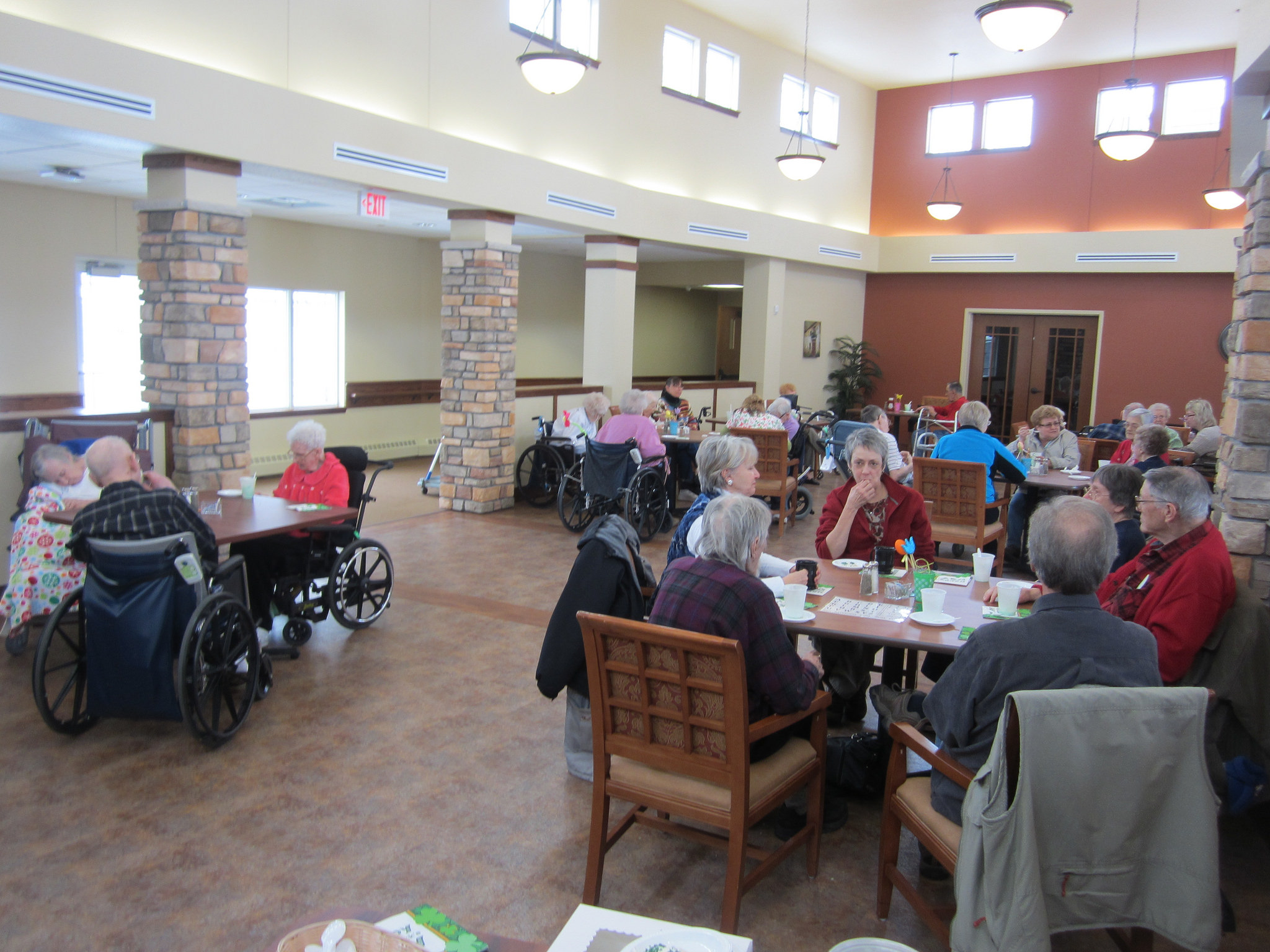5 Crises Facing the UK’s Care Homes
by an Anonymous Care Worker
23 June 2015

Care is in crisis – but what exactly is going on in the UK’s care system, and how might we begin planning ways to create a better future? Here, a care worker working with elderly people reflects on how the crisis is playing out in residential care homes.
1. Ageing population.
The fastest growing age demographic in the UK is the 85-and-overs. This is unprecedented in the UK, and combined with the lack of cheap comfortable housing and rising costs of living it has led to more and more elderly people moving into care homes.
At the moment very large care homes are mainly found in the private sector, but soon the smaller council-run care homes – which house 25 people on average – will begin to be replaced by larger facilities. The problem with this is that investigations have found that in the UK the quality of care decreases as the number of residents in the care home rises.
Many of the modern care homes being built have 80 to 100 beds, and this system is already prevalent in America.
2. Carers past breaking point.
Care work is very poorly paid, with the average care worker or health care assistant earning less than a living wage – and according to a recent report, some 160,000 carers earning less than minimum wage.
It’s important for people who do not work in the care industry to understand that the people who you expect to provide compassionate and thoughtful care for your loved ones, the person who washes your mother or grandfather in the morning and cares for some of the most vulnerable individuals in society, is being paid poverty wages.
This should be shocking enough for us to take action before even considering the fact that care work is one of the most dangerous jobs in Britain today. Care work is associated with numerous physical health problems due to the intensely physical nature of the work as well as high rates of mental illness among carers.
3. Poor mental health support.
The rise of the ageing population and the growth of the care home population also highlight our conservative approach to mental health. In the absence of a real progressive mental health practice which aims to provide therapy for those in turmoil, and companionship in what is often described as a journey when it comes something like dementia, GPs and the NHS instead rely on using pharmaceutical drugs, and have turned to a practice of silencing and dumbing down.
Too often, when an elderly resident finds themselves needing emotional or psychological help they are prescribed citalopram or diazepam in the hope it will make them more manageable.
4. Abuse.
The abuse which is reported more and more regularly in care homes is linked to all the other crises mentioned here, and the feeling of stress and anger felt by both care workers and residents are contributing factors.
The right-wing press continues to demonise care workers – particularly Black and minority ethnic workers – and those carers continue to feel resentful of the situation they are in without being able to express their anger through any kind of militant or transformative organisation.
This feeling of resentment permeates the industry; the residents of care homes resent their poor treatment by carers, the NHS and society. The carers resent their demonisation, low pay and conditions. Without any healthy outlet this creates a violent circle where we (both carers and the cared for) rotate between victim and abuser roles.
5. The death question.
Sadly, talking about death is still something of a taboo for somebody in the industry to talk about, despite it being an obviously complex and important subject which is in need of far more discussion.
How would we like to die? What would a progressive system of death look like? At the moment we have a huge number of people living with chronic and terminal illnesses, but no satisfactory process by which they can make choices about their death. When asked, most people would like to die in the place they live, yet the majority do not. Polls also show a desire for a serious rethinking of euthanasia and assisted suicide in this country.
Existing concerns about the bureaucracy and institutionalised death in the NHS are legitimate, and doctors signing off on euthanasia is not necessarily the way forward – but the left and progressives must start considering their position on what will become a key political issue soon.
The author wishes to remain anonymous, but is a care worker in a residential care home for the elderly in England. They are a member of Plan C.